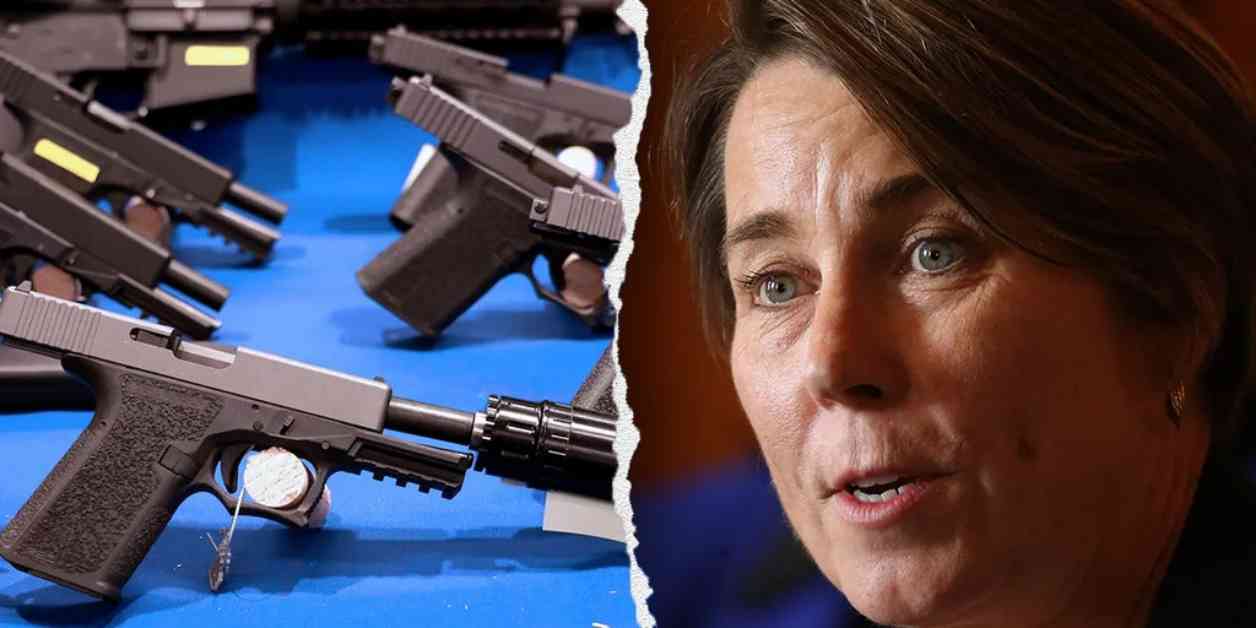Massachusetts Governor Maura Healey took immediate action to enforce new gun legislation that targets unserialized “ghost guns,” bump stocks, and trigger cranks. The law also mandates that gun license applicants undergo live-fire training and demonstrate basic safety knowledge. This move comes as Massachusetts already has stringent gun laws in place, making it one of the toughest states in terms of gun regulations.
The approval of this gun reform law in July was met with opposition from gun rights advocates who sought to suspend its implementation. However, Governor Healey decided to push the law into effect ahead of schedule, preventing any temporary suspension efforts by the advocates.
In a statement, Governor Healey emphasized that the new law aims to ban ghost guns, strengthen measures to keep firearms away from individuals deemed dangerous, and invest in violence prevention programs. She stressed the importance of these measures taking effect promptly without delay.
The updated law expands the state’s existing “red flag” legislation, allowing authorities to confiscate firearms temporarily from individuals considered a threat by police, health care professionals, or school officials.
Despite Governor Healey’s efforts to enhance safety measures, gun rights advocates have criticized the law as an assault on civil liberties. They argue that the law creates unnecessary obstacles for law-abiding citizens seeking to exercise their right to own a gun.
In response to the law, gun rights groups have pursued legal action, including filing a federal lawsuit alleging that the Massachusetts law violates constitutional rights. They view the law as overly restrictive, imposing burdensome requirements on gun owners.
Governor Healey’s enforcement of the gun reform law also prohibits non-law enforcement individuals from carrying firearms in specific locations such as schools, polling sites, and government buildings. Moreover, the law mandates that firearm license applicants demonstrate safety knowledge and provides authorities with relevant mental health information.
District attorneys are empowered to prosecute individuals who discharge firearms near residences, and measures are in place to prevent those under restraining orders from accessing guns. The law broadens the definition of “assault weapons” and prohibits the possession, transfer, or sale of assault-style firearms and high-capacity feeding devices.
Overall, Governor Healey’s decisive action to implement the gun reform law underscores the state’s commitment to enhancing public safety and preventing gun-related incidents. While facing opposition from gun rights advocates, the law represents a significant step towards tighter gun regulations in Massachusetts.




